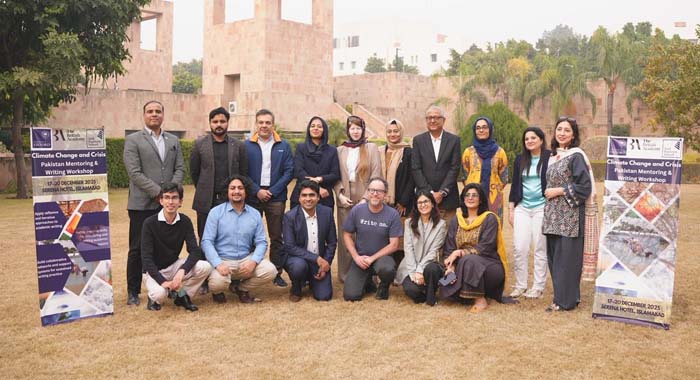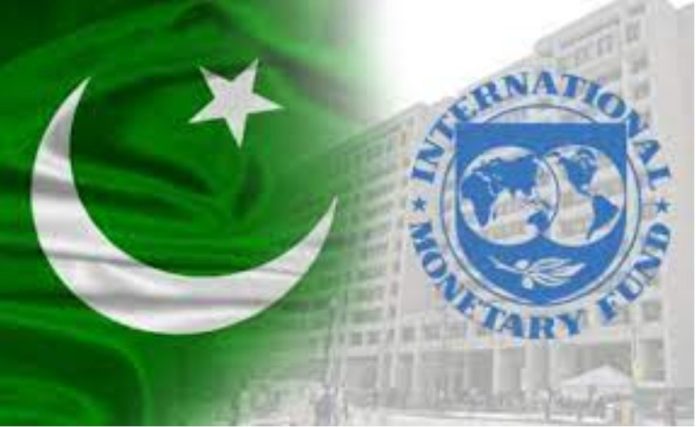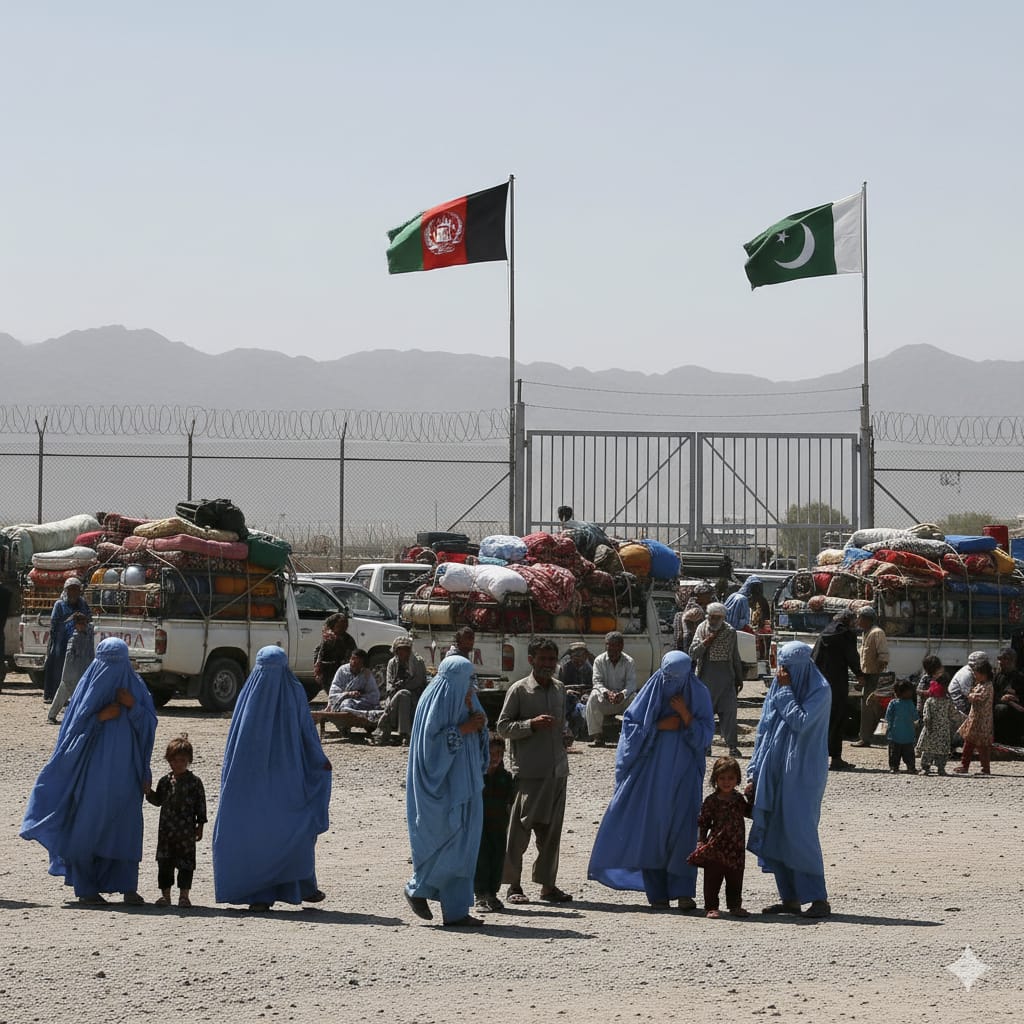By Sajjad Mohmand
Pakistan has reached a staff-level agreement with the International Monetary Fund (IMF) for a $1.3 billion loan under the Resilience and Sustainability Facility (RSF). This 28-month program aims to bolster the country’s climate resilience while strengthening macroeconomic stability. Additionally, the IMF has completed its first review and The new $1.3 billion arrangement with the International Monetary Fund (IMF), along with a successful first review of the ongoing 37-month bailout programme.
The announcement from the global money lender came early Wednesday morning, saying that it had reached a staff-level agreement (SLA) with the Pakistani.
The new loan comes as Pakistan’s economy shows signs of improvement. The country’s GDP grew by 1.73% in the second quarter of FY25, up from a revised 1.34% in the first quarter, signaling a slow but steady recovery. The upward revision of the 1QFY25 growth estimate from 0.92% to 1.34% further reflects improving economic momentum.
Sectoral Performance
The agriculture sector continued to play a vital role in supporting economic expansion, posting a 1.10% year-on-year growth in 2QFY25. The services sector also performed well, expanding by 2.57% YoY. However, the industrial sector remained a weak link, contracting by 0.18% YoY, with large-scale manufacturing (LSM) declining by 2.86%.
Economic Outlook
With these developments, Pakistan’s GDP growth for the first half of FY25 (1HFY25) stands at 1.54% YoY, falling short of the government’s 3.5% target and the IMF’s 3% projection. While challenges remain in the industrial sector, continued support from agriculture and services, along with IMF funding, could help stabilize the economy in the coming months.
The IMF’s latest agreement and the additional $1.3 billion loan provide much-needed fiscal breathing room as Pakistan navigates economic challenges, including inflation and structural reforms. The government is expected to implement policy measures to meet its growth targets while addressing industrial weaknesses.



